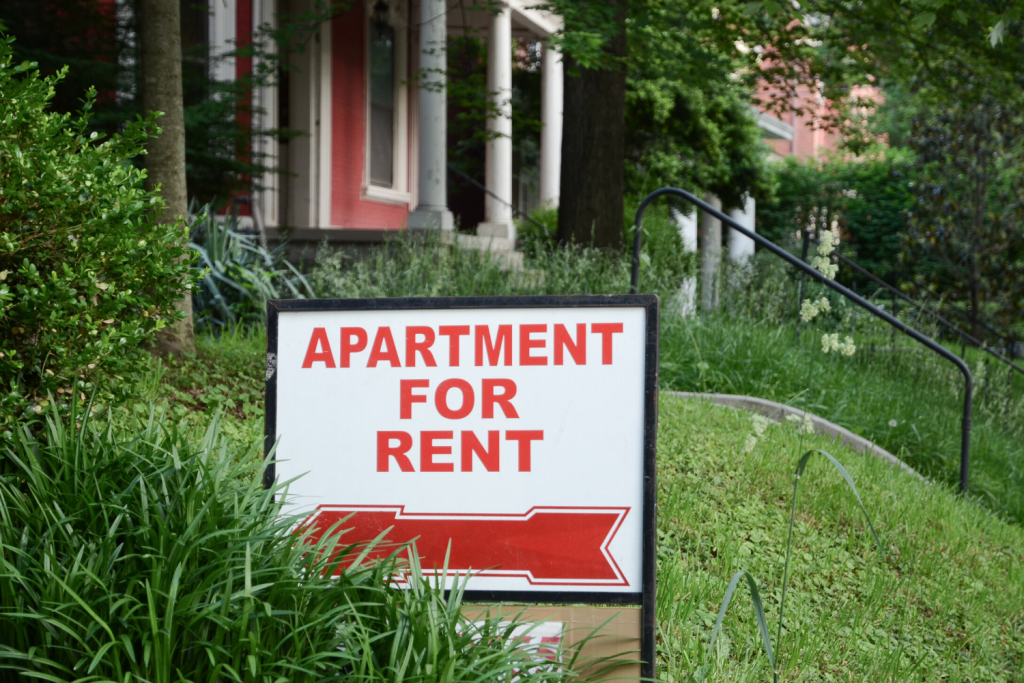Rental properties are great real estate investments due to their ability to offer low risk and high reward in terms of income. For the most part, any property can be converted into a rental property.
New investors who are considering becoming a landlord, know that they want to invest and create another income stream but are sometimes unfamiliar with the different types of rental properties that they can invest in. Every type of rental property has certain benefits and disadvantages, and the kinds of prospective tenants that they draw in are extremely different from one another.
Below we will provide an overview of the different types of rental property that investors may consider investing in to make money.
Table of Contents
Single-Family Homes
Single-family homes are the most common types of rental property throughout the county. The term single-family home can be applied to numerous property classes, even if they included other kinds of rental properties such as high-end homes or villas.
In general, a single-family home is a freestanding, detached property utilized by one family.
Condos & Co-ops
Similar to single-family homes, condos and co-ops can be a general term to use for properties that are managed and operated by a Home Owners Association or Board.
A condo is a complex of apartments that are individually owned. If a condo has been converted into a rental property, the condo owner leases his or her unit to others by following the applicable board rules and regulations. Condominiums have comparable features and amenities as apartments. The biggest difference between a condo and an apartment is that condo units are individually owned.
On the other hand, a co-op is a type of apartment that makes up an apartment community, referred to as a cooperative (co-op). Notably, a co-op is not considered “real property.” The co-op building is owned by cooperative cooperation. As such, when an owner owns a co-op apartment, it means that they own shares in the cooperative buildings. In return, the cooperative leases the apartment to the owner.
Co-ops generally have stricter rules and regulations regarding how often owners or shareholders may rent their units out. While co-ops can be found across the country, they are particularly popular in places like New York City where real estate is more expensive.
The biggest thing to remember is that owning a condo or a co-op building is that you will be responsible for HOA fees that you will need to pay monthly as the owner or main-shareholder of the property.
Multifamily Property
Multifamily homes are properties that include several apartments that can be rented separately.
Unlike condos and co-ops, multifamily homes are typically not part of an apartment complex. Apartment buildings with numerous units can be thought about as multi-family homes, while multifamily homes can be thought about as commercial properties depending on the number of units in each building or complex.
Multifamily homes are usually the most complex (and profitable) type of residential real estate investments to consider when analyzing a deal because the performance of the property is based on several factors and multiple tenants and not just one source of income.
Luxury Homes
High-end homes are types of rental properties that are typically modern and loaded with innovative technologies and high-end appliances.
For the most part, luxury homes have lower occupancy rates due to their higher rental prices. Overall, luxury homes do experience a considerable amount of vacancy compared to other real estate types. However, when you do find a tenant, you can charge higher rates, which may offset the vacancy period.
Therefore, luxury homes are typically considered high-risk investments. However, when managed correctly, they can produce higher earnings than other kinds of properties, depending on their location. In this case, high risk can lead to high rewards.
Vacation Homes & Vacation Rentals
Vacation homes are kinds of rental properties that are generally located in tourist or holiday destinations outside of cities, close to popular amenities, or on beach resorts. These properties can be really low-cost to acquire and can be smaller in size, depending on where they are located.
People who lease this type of property are typically people who wish to enjoy some time far from the busy life of the city or to concentrate on particular jobs for a few months.
Alternatively, a vacation rental can be any of the preceding properties that have been converted into mini-hotels to be rented on sites like Airbnb and HomeAway.
Which Do Institutional Investors Buy?
Property investment experts are typically more inclined to go for the condo and multi-family developments since they can purchase more units and generate more rental incomes. For these types of real estate investors, the primary concern is cash and, more specifically, cash flow coming in from the rental property. In general, investors prefer apartments and condominiums in working-class neighborhoods. Notably, the potential rental income makes it easier for the property owner to cover the mortgage payment, property taxes, and other property expenses.
Likewise, private property investors may choose to buy apartments and houses in budget-friendly neighborhoods where they can do property management themselves instead of hiring a property management company and minimize expenses.

